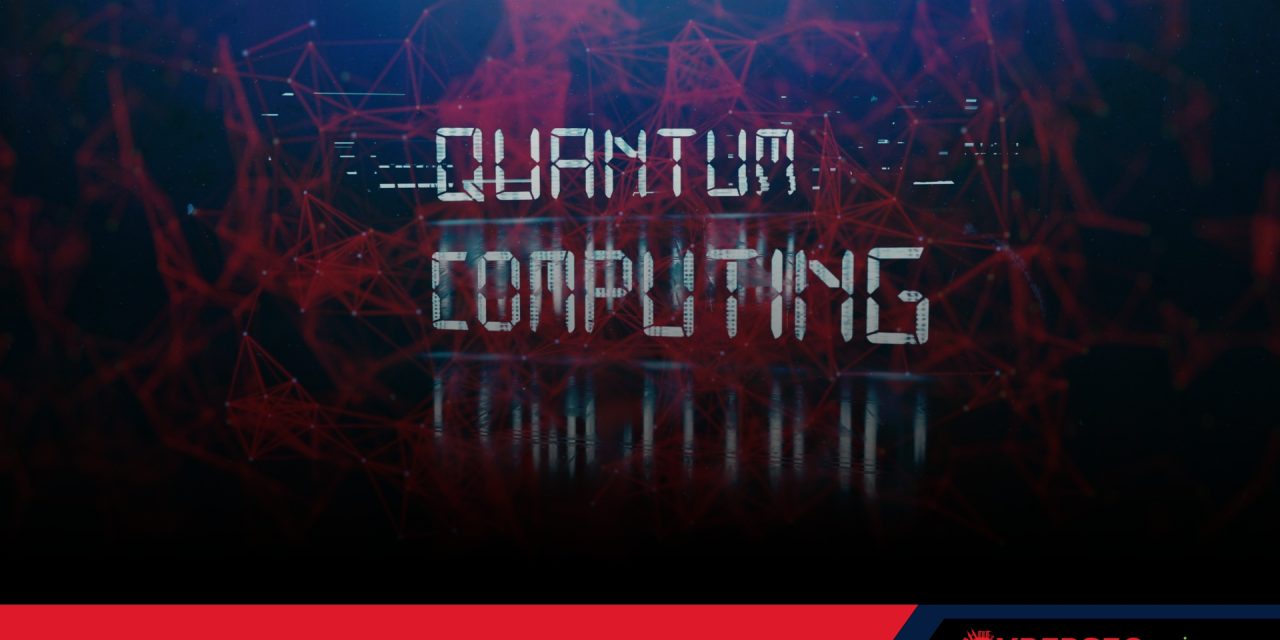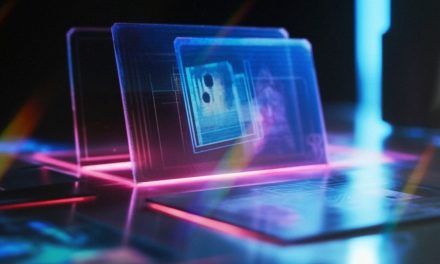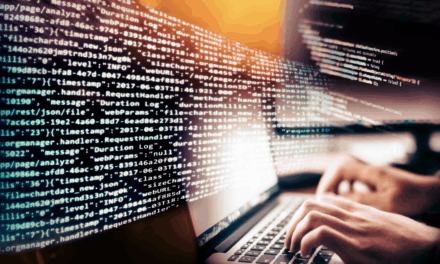Since 2020, unannounced or skunk-work advances in quantum computing research could already have shortened Q Day’s arrival
At a recent event organized by DigiCert, experts from fields such as quantum computing, cryptography, and digital security discussed the urgency of preparing for a quantum future where widely used current encryption methods could potentially be broken.
Quantum computing holds the promise of significant advancements across various sectors. The World Economic Forum has noted that, one conundrum posed by quantum computing is the sheer expense of investing in the physical infrastructure of the technology. “This means ownership will likely be concentrated among the wealthiest countries and corporations. In turn, this could worsen uneven power distribution enabled by technology.” (as quoted from their web page on this technology).
At the event, one pertinent issue mentioned by the experts was the complexity of transitioning to quantum-safe cryptographic standards, which will not be an overnight task. This transition is particularly critical for sectors such as finance and healthcare. The US National Institute of Standards and Technology (NIST) has already set the stage by publishing three quantum-safe cryptographic standards, marking a starting point for this crucial shift.
According to Bob Sutor, Vice President of Quantum Technologies, Futurum Group, the day when quantum computers can break current cryptographic methods — termed “Q Day” — is still some years away. However, the lead time required to overhaul cybersecurity infrastructure is considerable, stressing the necessity to act now. Earlier complacency about how soon Q Day would arrive were grounded on the slow progress of factorization using “noisy qubits”. However, since 2020, new developments by China researchers that completely bypassed Shor’s algorithm, have pointed to unpublicized breakthroughs that could speed up Q Day’s arrival by a factor of two or more. The rest of the world should therefore reach quantum readiness as soon as possible.
The experts at the event concurred that, for industries and governments alike, the time to adapt is now, to secure a resilient digital future. This “quantum readiness” would require migration to a holistic approach to security, which goes beyond upgrading to new quantum-safe cryptographic standards.
Holistic security would include innovations like quantum key distribution to build a practical quantum computing infrastructure, and training of engineers to work with new quantum technologies.

















